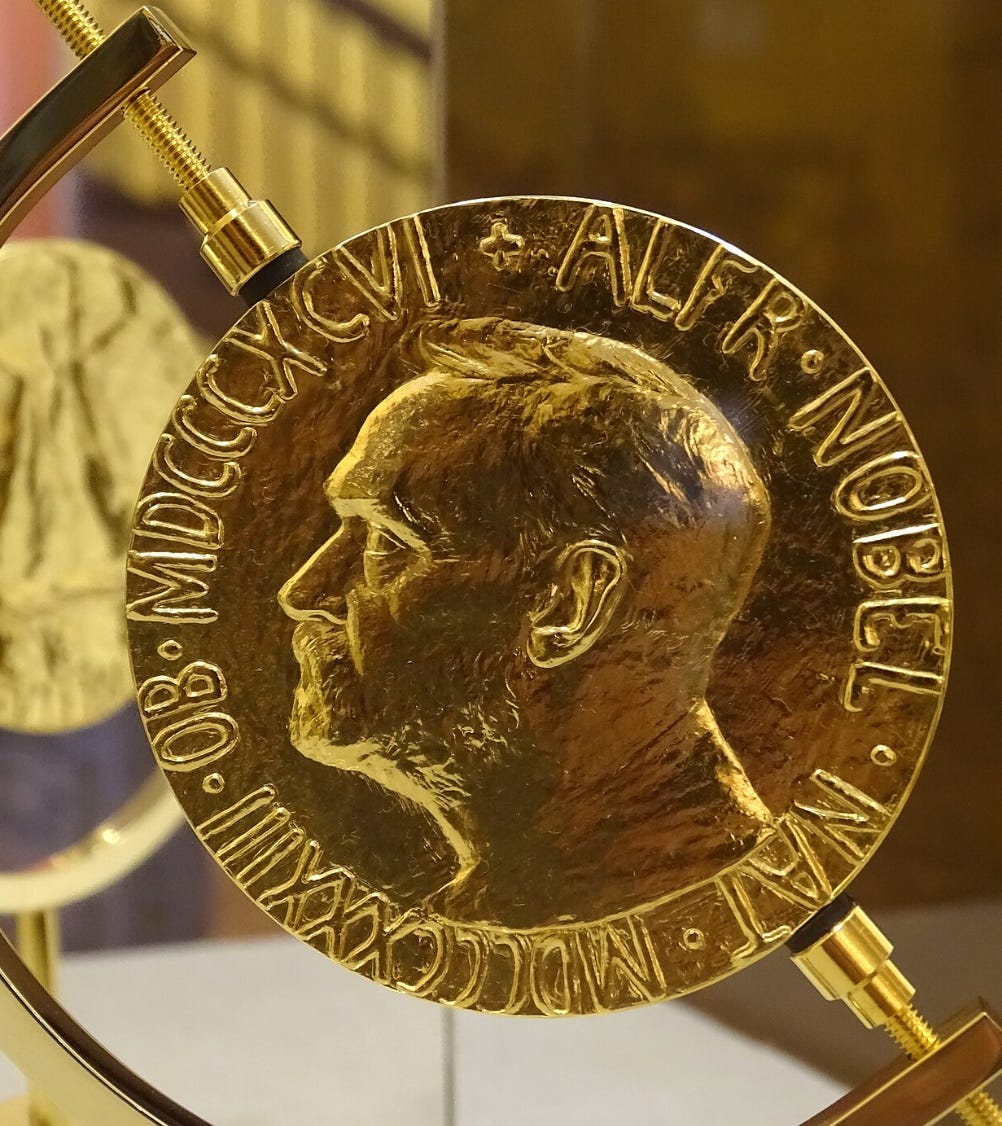I’m a Nobel Peace Prize nerd.
Of the nearly 1,000 Global Dispatches podcast episodes I’ve recorded over the last 12 years, my interview with a member of the Nobel Peace Prize Committee is definitely in the top 10.
There are just five people, selected by the Norwegian Parliament, who decide the Nobel Peace Prize. When I spoke to Asle Toje in 2019, he explained that he has a 50-year vow of silence regarding the internal proceedings of the Nobel Committee. Still, he was able to explain generally how the process and deliberations work, the criteria they use to determine the winner, and what impact he believes the Nobel Peace Prize has on international affairs more broadly.
How to Win the Nobel Peace Prize
It is relatively easy to be nominated for a Nobel Peace Prize. There is a slew of categories of people who are able to submit nominations. This includes pretty much any university professor and any legislator anywhere in the world, who can nominate someone for the Nobel Peace Prize. (And amo…
Keep reading with a 7-day free trial
Subscribe to Global Dispatches to keep reading this post and get 7 days of free access to the full post archives.





